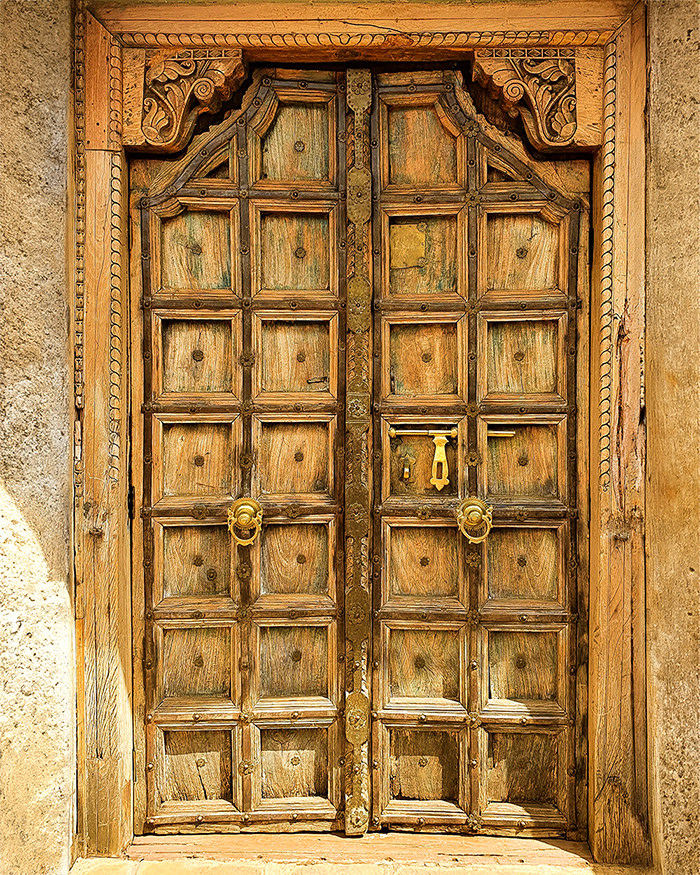
Timeless Island Escape – Lamu, with its narrow alleys and donkey-drawn carriages, embodies the soul of ancient Swahili culture. This UNESCO World Heritage site is a haven of peace, where traditional dhow sailboats glide over gentle waters, offering an enchanting retreat from the modern world.
Start PlanningAverage temperatures typically ranging from 23°C (73°F) to 34°C (93°F)
22,000
The Kenyan Shilling (KES) is the local currency, but US dollars are widely accepted in tourist areas.
Conservative Dress: Lamu has a predominantly Muslim population, so dressing conservatively is respectful, particularly for women.
By Air: Manda Airport is the main gateway, serving daily flights from Nairobi and Mombasa. From the airport, visitors typically take a short boat ride to Lamu Town or Shela.
By Boat: Regular boat services connect Lamu with other parts of the Kenyan coast. Private boat hires are also available for direct transfers.
Peak Season: The dry months from December to March and July to October are the most popular, as the weather is cooler and conducive for exploring and beach activities.
Off-Peak Season: April to June sees the long rains, which can restrict travel and outdoor activities, though the island is less crowded during this time.
Lamu Old Town: A UNESCO World Heritage site, this historic town is one of the best-preserved Swahili settlements in East Africa.
Shela Village and Beach: Known for its pristine beaches and relaxed atmosphere, Shela offers a quieter alternative to Lamu Town.
Dhow Safaris: Traditional sailing vessels offer a unique way to explore the Lamu Archipelago’s waters and nearby islands.
Takwa Ruins: An ancient Swahili town on Manda Island, providing a historical perspective on the region’s past.
Kenya has introduced an Electronic Travel Authorization (ETA) requirement for foreign travelers, which replaced traditional visa requirements starting January 2024. Travelers must apply for the ETA online prior to their arrival in Kenya.
A Yellow Fever vaccination is required if traveling from a country with a risk of Yellow Fever.
Most resorts offer wireless internet connections, as do airports. For maximum connectivity throughout your trip, consider purchasing a local SIM card at the international airport upon arrival.
Safaricom offers the best coverage in Kenya, especially in national parks and rural areas.
Sun protection and hydration are key. Being located on the equator means the sun is significantly harsher than in places like Europe.
Take extra care on safari and beach excursions.
Dolphin Watching: Take a boat trip to spot dolphins in the Indian Ocean waters surrounding the archipelago.
Turtle Conservation: Participate in turtle conservation efforts and learn about the protection of endangered species at the Lamu Marine Conservation Trust.
Hand-Carved Wooden Doors: Lamu is famous for its intricately carved Swahili doors, which make for unique and beautiful souvenirs.
Silver Jewelry: Look for handmade silver jewelry featuring traditional Swahili designs.
Lamu Mats and Baskets: Purchase beautifully woven mats and baskets made from local palm leaves.
Yes, Lamu is best explored on foot due to its narrow streets and pedestrian-friendly layout. Walking allows you to fully experience the charm of Lamu Old Town, interact with locals, and discover hidden gems.
Lamu is rich in history with several notable sites to explore:
Lamu Fort: A historic fort built in the 19th century, now housing a museum showcasing the island's history.
Riyadha Mosque: One of the oldest mosques in Lamu, known for its annual Maulidi Festival celebrating the birth of the Prophet Muhammad.
Takwa Ruins: Located on Manda Island, these ruins are the remnants of a once-thriving Swahili town dating back to the 15th century.
It's important to carry enough cash, as many lodges and camps do not have facilities for tipping with credit cards and might not have enough cash for change.
A common practice is to tip $10-$15 per guest, per day. This usually goes into a communal tip box and is shared among all the lodge or camp staff, including those working behind the scenes.
For individuals who guide you through your safari (guides and trackers), a typical tip is about $10-$20 per person, per day.
At restaurants, tipping about 10% of the bill is customary.
Always ensure that your tips are given as a token of appreciation for good service, rather than out of obligation.
Drones are prohibited unless you have obtained a specific permit. Customs conducts scans of all bags upon arrival and will confiscate any drones, holding them until your departure day.